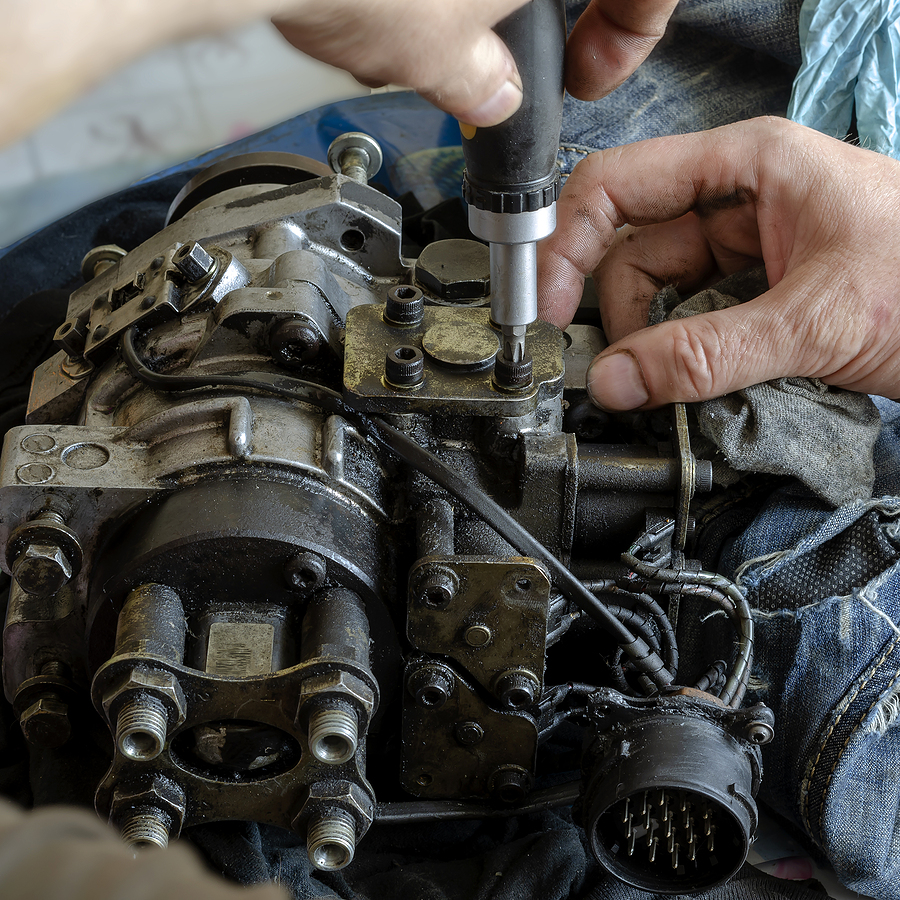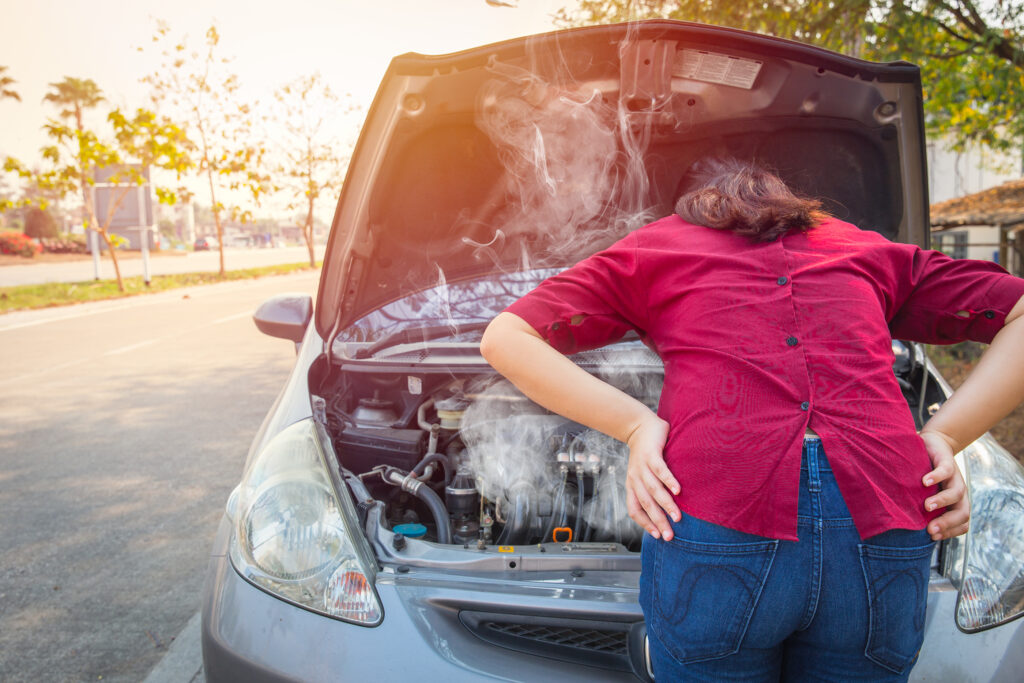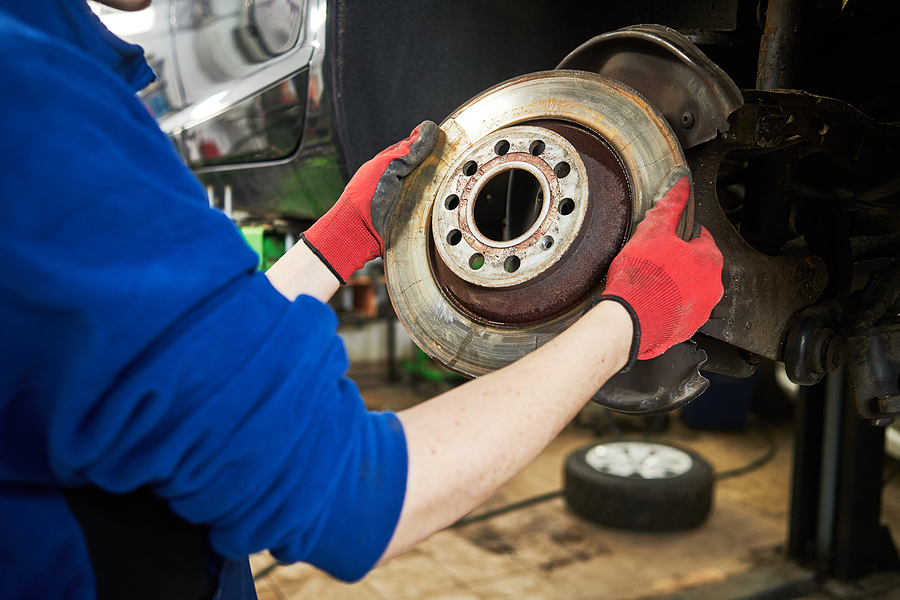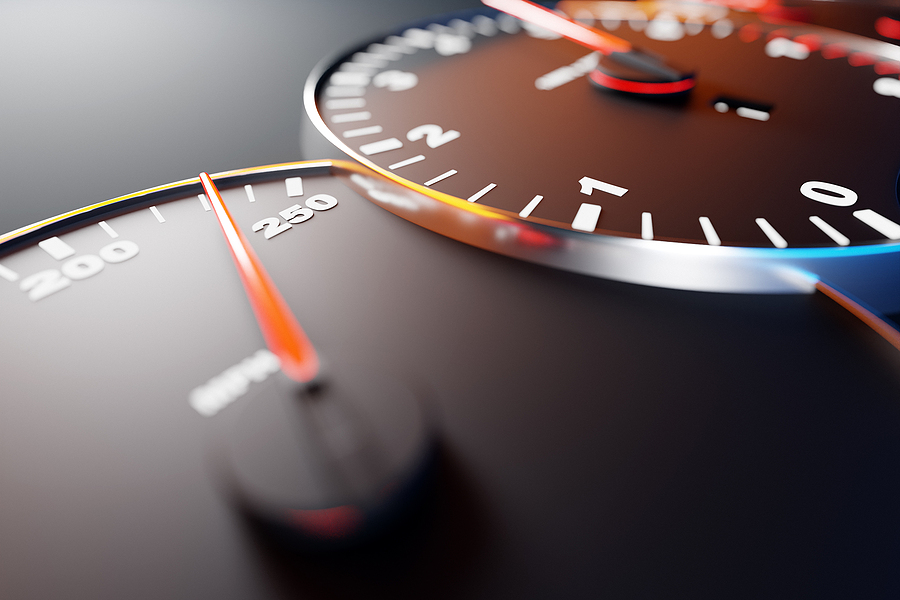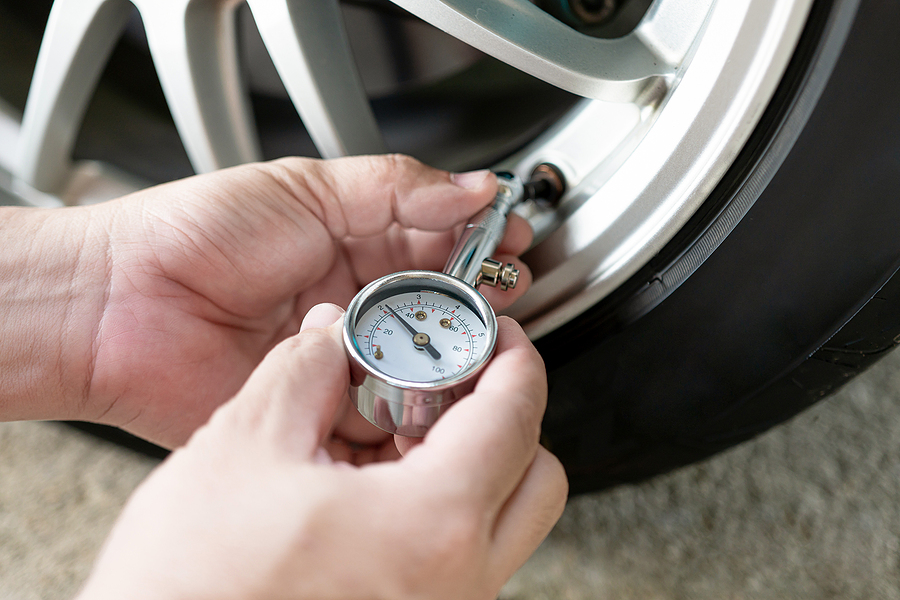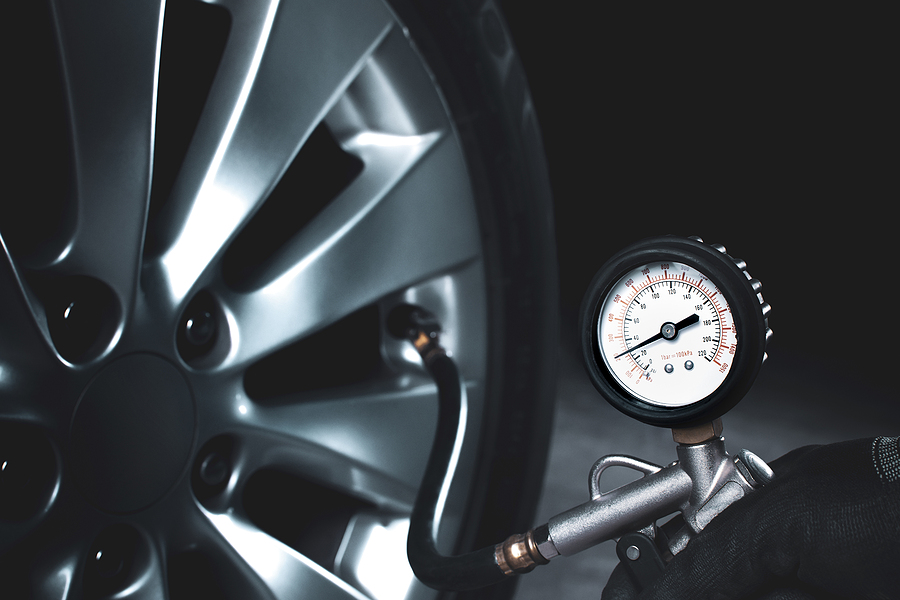When the dreaded check engine light illuminates on your dashboard, it’s easy to feel a pang of anxiety. This light is often the harbinger of various vehicle malfunctions – some minor and others possibly severe. Before visions of costly repairs cloud your judgment, take a deep breath.
In this blog post, we will guide you through the initial steps you should take upon noticing your check engine light, or malfunctioning indicator lamp (MIL). From understanding the possible reasons behind the light to when it’s time to call a professional, we aim to demystify this common vehicle issue and provide peace of mind through knowledge and preparedness.
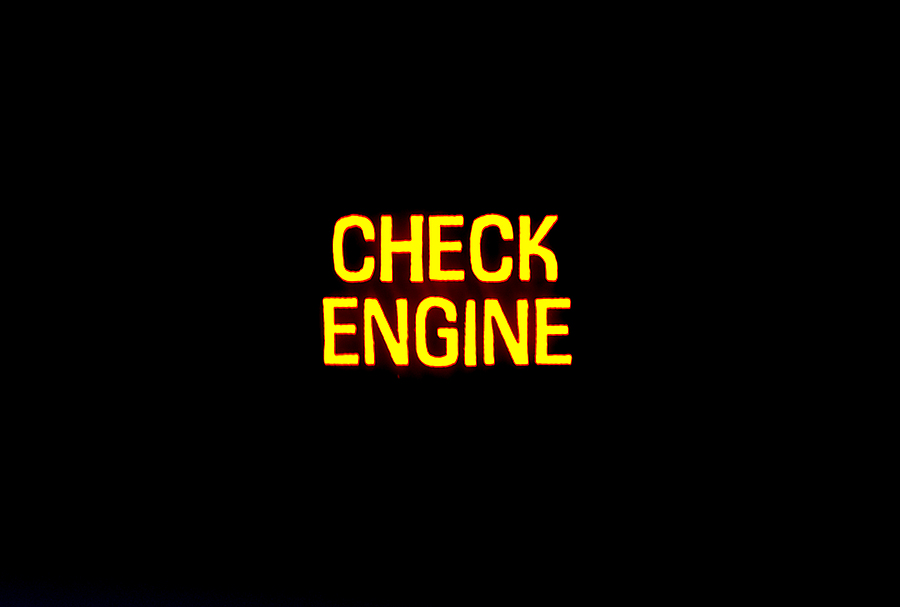
Understanding the Check Engine Light
Many drivers don’t realize that the check engine light is not a “one size fits all” warning. In fact, it’s designed to indicate a wide range of issues – from minor ones such as a loose gas cap to major problems like a failing catalytic converter. The light itself has evolved over the years, with earlier models simply displaying “check engine” and newer models utilizing various symbols to represent the issue. Regardless of the design, it’s essential to address this warning as soon as possible to avoid any potential safety hazards or costly repairs down the line.
Common Malfunctioning Indicator Lamp Triggers
As mentioned earlier, not all check engine light warnings warrant immediate panic. Some common issues that can trigger the malfunctioning indicator lamp include a loose or damaged gas cap, faulty oxygen sensors, and a failing mass airflow sensor. These issues may be relatively minor and can sometimes be resolved by simply tightening the gas cap or replacing a sensor. However, it’s still crucial to address these problems promptly to prevent further damage to your vehicle.
Faulty Oxygen Sensor
One of the most common issues that can trigger the MIL is a faulty oxygen sensor. The oxygen sensor measures the amount of oxygen in the exhaust system and sends this information to the vehicle’s computer. If the sensor is not working properly, it can cause a decrease in fuel efficiency and may also lead to other engine problems.
Loose or Damaged Gas Cap
A loose or damaged gas cap can also cause the check engine light to turn on. The gas cap seals the fuel system and helps to maintain proper pressure within the fuel tank. If it is not tight or has cracks, it can lead to an increase in emissions and trigger the check engine light.
Malfunctioning Catalytic Converter
The catalytic converter is responsible for converting harmful pollutants into less harmful emissions before they exit through the exhaust system. If this component fails, it can cause an increase in emissions and trigger the check engine light.
Faulty Mass Airflow Sensor
The mass airflow sensor measures how much air is entering the engine and helps determine how much fuel should be injected into the combustion chamber. If it malfunctions, it can cause a decrease in performance and fuel efficiency, leading to an illuminated check engine light.
Failing Ignition Coils
Ignition coils are responsible for providing spark to ignite the fuel-air mixture in each cylinder of an engine. If one or more of these coils fail, it can result in misfires, which can damage other components of the engine and trigger the check engine light.
When to Seek Professional Help
If checking for common issues doesn’t resolve the malfunctioning indicator lamp, it’s time to seek professional help. Modern vehicles are equipped with complex onboard diagnostic systems that can provide specific error codes to pinpoint the issue. A certified mechanic will have specialized tools and knowledge to read these codes and determine the root cause of the problem. They can then advise you on the necessary repairs or replacements needed.
How to Avoid Future Check Engine Light Warnings
Prevention is always better than cure, and the same applies to your vehicle’s check engine light. Regular maintenance and tune-ups can go a long way in preventing unexpected warnings and costly repairs. It’s essential to follow your vehicle’s recommended maintenance schedule and address any potential issues as soon as they arise. Additionally, keeping an eye on your vehicle’s performance, including any changes in fuel efficiency or strange noises, can alert you to potential problems early on.
In Conclusion
Although the check engine light may seem daunting at first, it’s essential to remain calm and take action promptly. Understanding the purpose of this warning and knowing when to address it yourself or seek professional help can save you time, money, and potential safety hazards. Remember to prioritize regular maintenance and tune-ups to prevent future issues and keep your vehicle running smoothly. With these tips in mind, you can confidently handle a malfunctioning indicator lamp that may come your way. So next time you see that dreaded light on your dashboard, take a deep breath and follow these steps – you’ve got this!
Don’t panic if your check engine light just popped up out of nowhere. Our pros can help. Contact Autohaus Dierolf at 317-571-0800 for European auto repair and auto service in Carmel, Indiana for BMWs and more. We specialize in all make and model European and German vehicles.
Related Posts:
When to Repair vs. Replace: Making Sense of Your Car’s Engine Problems
How to Diagnose Common Problems with Your European Car
Avoiding Financial Pitfalls: How to Save Money on High-End Car Repairs

